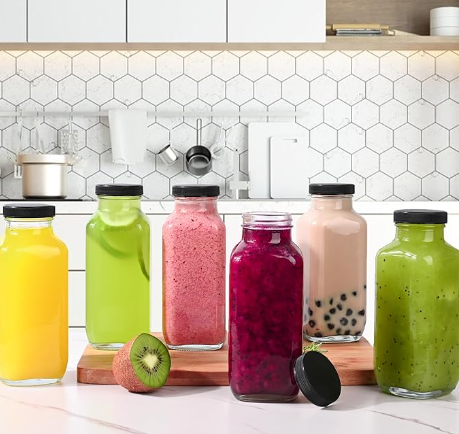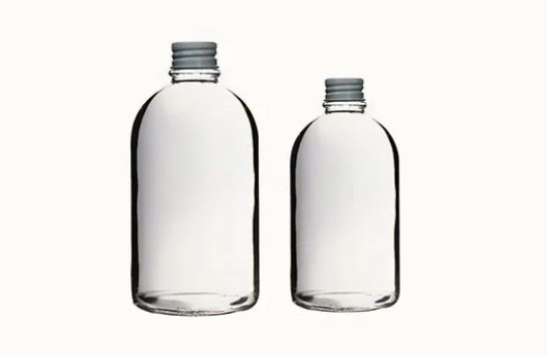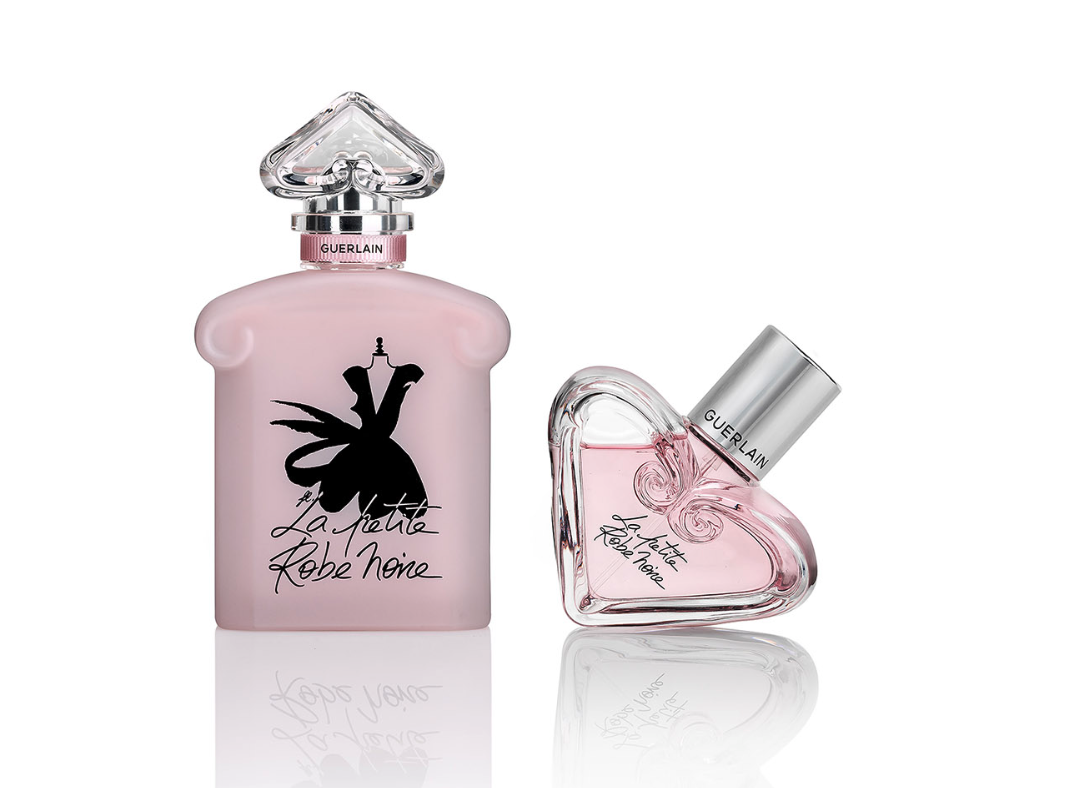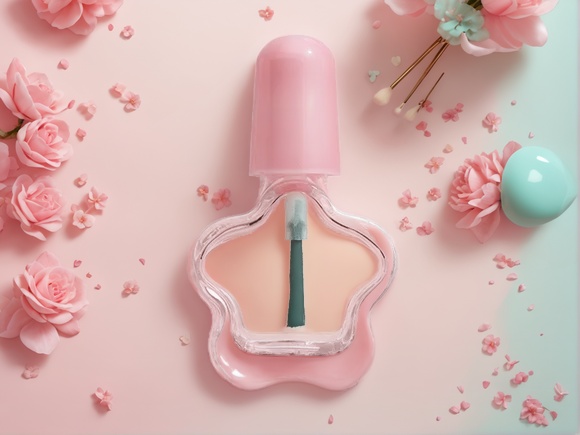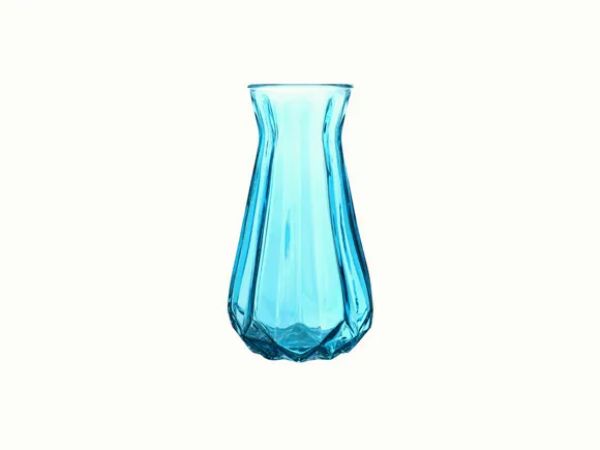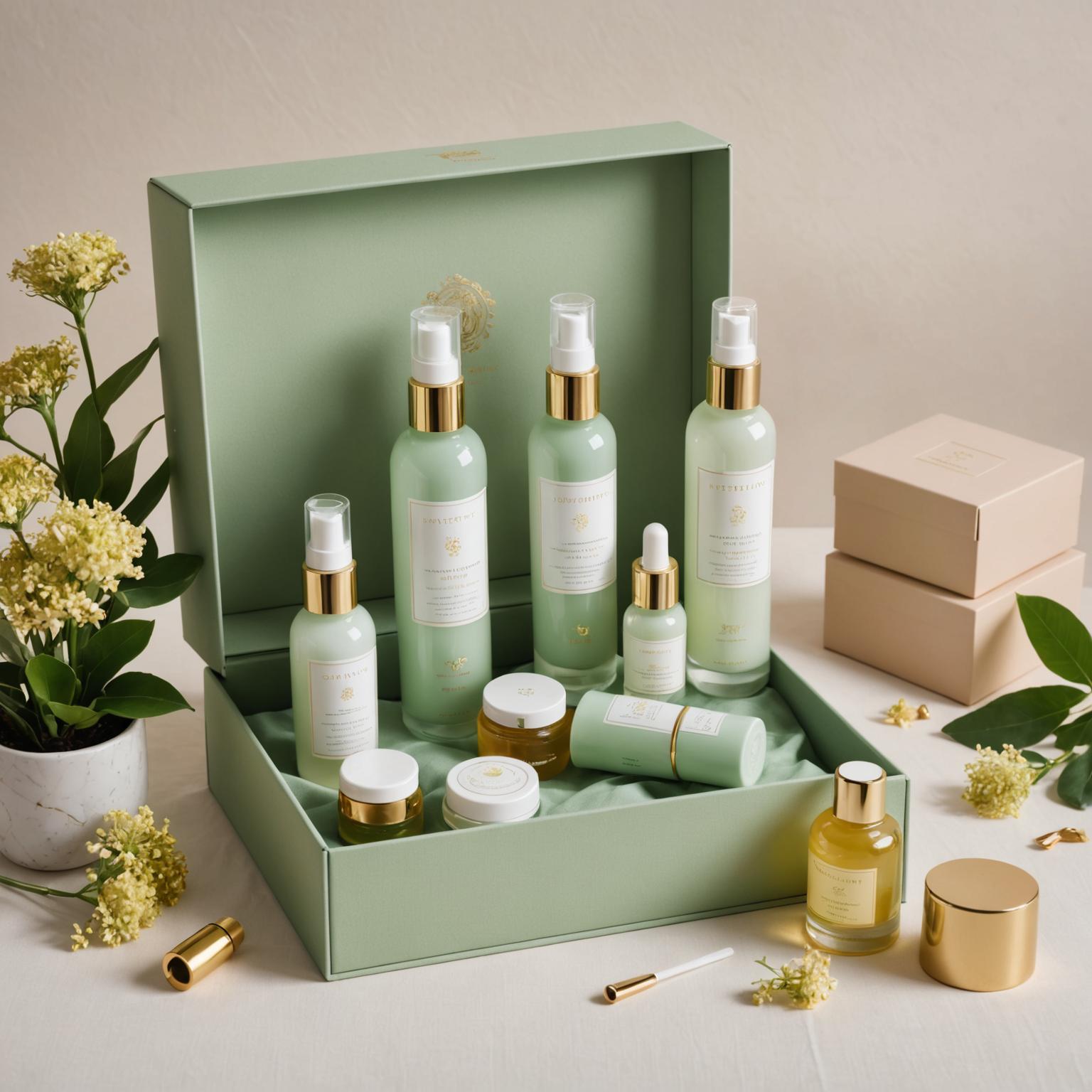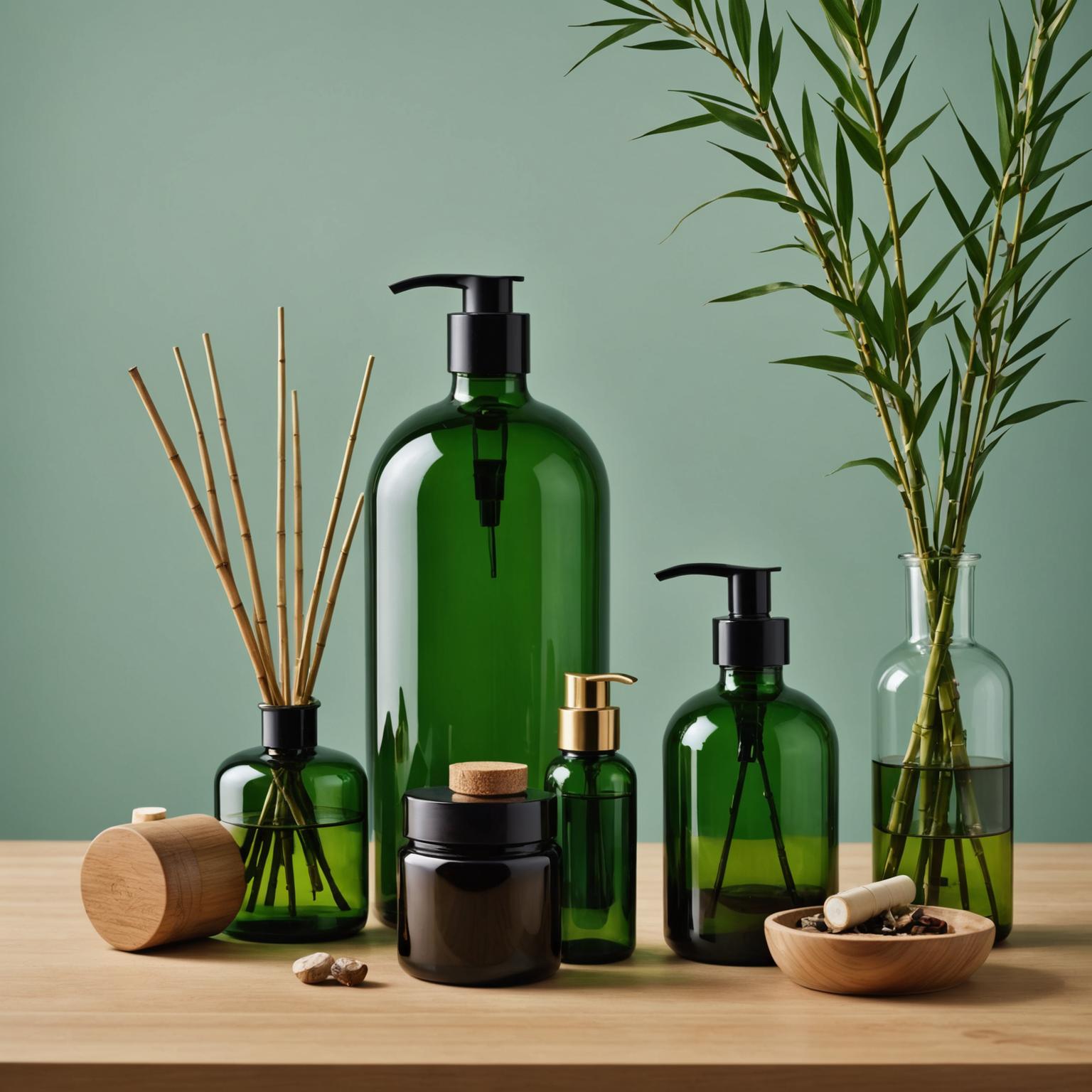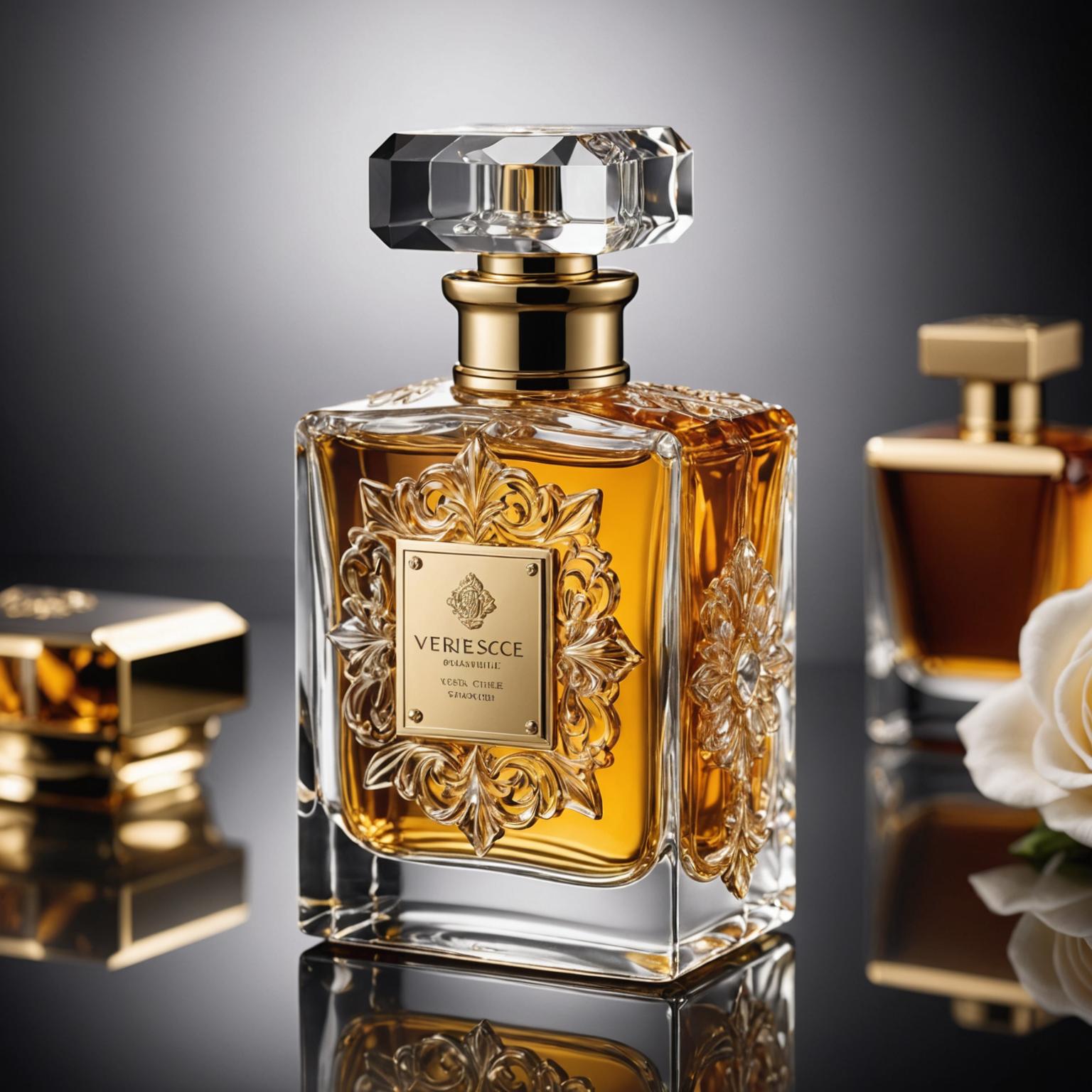Water is the most fundamental element of life, yet the way it tastes can vary significantly depending on how it is stored and served. Many people report that water tastes noticeably fresher, purer, and more refreshing when consumed from aglass bottlecompared to plastic or metal containers. But what exactly causes this difference in taste? And why is glass considered the superior choice for water storage?
AtPaupacking, we specialize in premiumGlass Bottlesthat preserve the natural purity of water while offering elegant and sustainable packaging solutions. This comprehensive article delves into the scientific, sensory, and environmental reasons why water tastes better in glass bottles, providing you with an in-depth understanding of this phenomenon and the benefits of choosing glass.
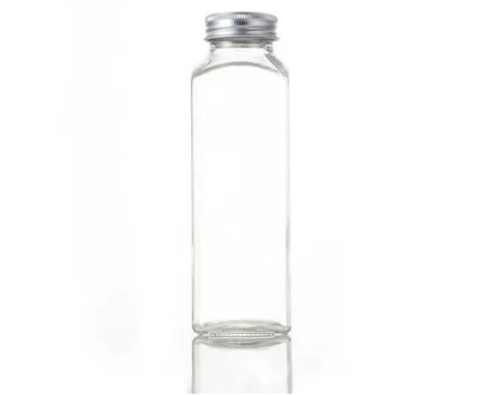

1. Chemical Inertness: Glass Preserves Water’s Pure Taste
The foremost reason water tastes better in glass bottles is thatglass is chemically inert. This means that glass does not react with the water or leach any substances into it, unlike many plastics or metals.
The Science Behind Chemical Inertness
Glass is made primarily from silica (sand), soda ash, and limestone, which fuse into a stable, non-porous material during manufacturing. This stability ensures that glass does not release any chemicals, additives, or contaminants into the water it contains. In contrast, plastic bottles, especially those made from lower-grade plastics, can release trace amounts of chemicals such as Bisphenol A (BPA) or phthalates. These substances can impart unpleasant flavors or even pose health risks.
Impact on Water Taste
Because glass does not interact chemically with water, it preserves the water’s natural taste profile. No foreign odors or flavors are introduced, allowing you to experience the water as nature intended—clean, crisp, and refreshing.
Paupacking’s Commitment to Purity
Paupacking’sGlass Bottlesare crafted from high-quality, food-grade glass that guarantees chemical inertness. This ensures that your water remains pure and unaltered, providing a superior drinking experience every time.
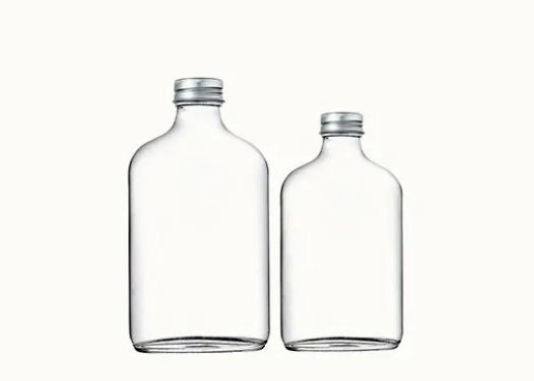

2. Impermeability: Glass Blocks External Contaminants
Glass is anon-porous and impermeable material, which means it forms an excellent barrier against oxygen, moisture, and external odors that can degrade water quality.
How Impermeability Affects Water Quality
Oxygen exposure can cause subtle changes in water taste by facilitating oxidation processes. Plastic bottles, being semi-permeable, allow small amounts of oxygen and other gases to permeate, which can alter the water’s freshness over time. Moreover, plastic can absorb odors from the environment, which then transfer to the water, resulting in off-flavors.
Glass’s impermeability prevents these issues by creating a hermetic seal that keeps water isolated from external elements. This barrier maintains the water’s freshness and crispness longer than other containers.
Real-World Benefits
-
Longer shelf life:Water stored in glass retains its original taste and quality for extended periods.
-
No odor absorption:Glass bottles do not pick up smells from storage areas or transportation.
-
Enhanced purity:The water remains free from contamination by external pollutants.
Paupacking’sGlass Bottlesare designed with airtight closures and premium glass to maximize impermeability and preserve water quality.
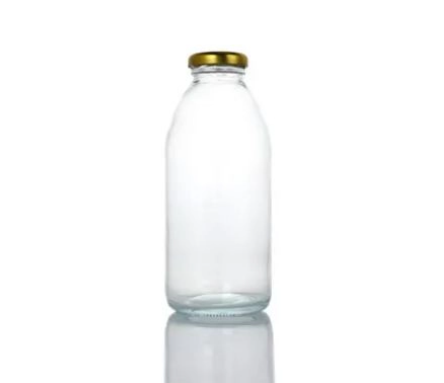

3. No Microplastic Contamination: A Healthier Choice
In recent years, scientific studies have raised concerns aboutmicroplastic contaminationin bottled water stored in plastic containers. Microplastics are tiny plastic particles that can leach from bottles into the water, posing potential health risks.
Why Glass Is Free From Microplastics
Glass, being an inorganic and non-degradable material, does not break down into micro-sized particles. This means water stored in glass bottles is free from microplastic contamination, making it a safer and healthier choice for consumers.
Health and Environmental Implications
-
Avoid ingestion of microplastics:Drinking water from glass bottles reduces exposure to these potentially harmful particles.
-
Supports environmental health:Using glass reduces plastic waste, which is a major source of microplastic pollution in oceans and ecosystems.
Paupacking’s eco-consciousGlass Bottlesoffer a sustainable and health-friendly alternative to plastic packaging.
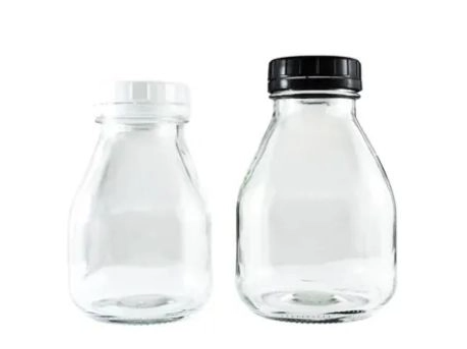

4. Superior Temperature Stability Enhances Taste
Glass bottles have superior thermal properties compared to plastic or metal containers, which influences water taste and drinking experience.
Thermal Inertia of Glass
Glass has a higher thermal inertia, meaning it heats up and cools down more slowly than plastic. This helps maintain the water’s temperature for longer periods, especially when chilled.
Impact on Taste and Sensory Experience
-
Cold water stays cold:Glass bottles keep water refreshingly cool without imparting any off-flavors.
-
No metallic or plastic aftertaste:Unlike metal bottles, glass does not introduce any taste changes related to temperature.
-
Smooth drinking experience:The cool, smooth feel of glass enhances mouthfeel and refreshment.
Paupacking’sGlass Bottlesare designed to optimize thermal retention, providing a superior sensory experience.
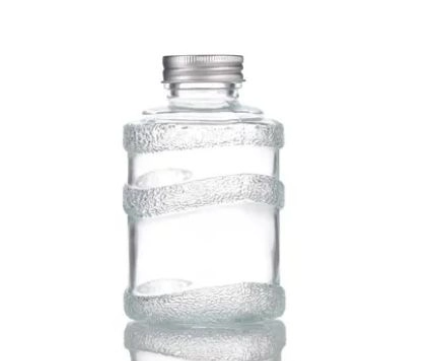

5. Environmental Sustainability: Glass Supports a Greener Planet
Beyond taste, glass bottles offer significant environmental benefits that align with modern consumer values and corporate responsibility.
Recyclability and Reusability
Glass is100% recyclablewithout degradation in quality or purity. It can be recycled endlessly, reducing the need for virgin raw materials and minimizing landfill waste. Additionally, glass bottles are durable and can be cleaned and reused multiple times, extending their lifecycle.
Lower Carbon Footprint
The use of recycled glass (cullet) in manufacturing reduces energy consumption and carbon emissions. Many glass producers, including Paupacking, incorporate sustainable practices such as energy-efficient furnaces and eco-friendly packaging.
Consumer Demand for Sustainability
Consumers increasingly prefer products packaged in environmentally responsible materials. Glass bottles communicate a brand’s commitment to sustainability and quality, enhancing customer loyalty.
Paupacking’s sustainableGlass Bottlessupport green initiatives and provide an eco-friendly packaging solution.
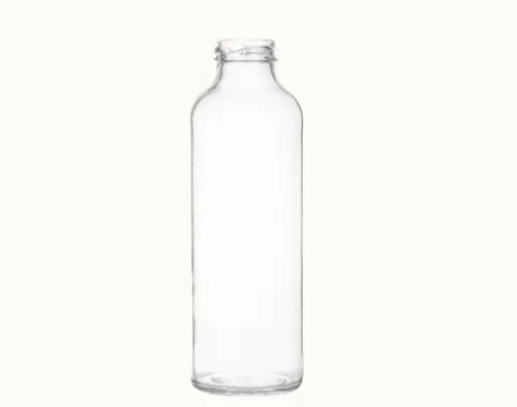

6. No Chemical Odors or Off-Gassing: Pure Aroma Preservation
Plastic bottles can emit volatile organic compounds (VOCs) that affect smell and taste, especially when exposed to heat or sunlight. This phenomenon, known as off-gassing, can make water taste unpleasant.
Glass’s Odorless Nature
Glass is completely odorless and does not off-gas any chemicals, preserving the water’s natural aroma and freshness. This ensures that every sip tastes clean and pure.
Enhanced Drinking Experience
The absence of chemical odors improves overall enjoyment and satisfaction, making glass bottles the preferred choice for premium bottled water.
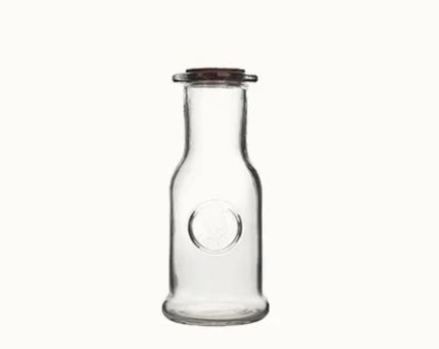

7. Historical and Cultural Prestige of Glass Bottles
Glass has been the preferred material for storing water and beverages for centuries due to its purity and aesthetic appeal.
Trusted Material Through Time
Historically, glass was prized for its ability to preserve flavor and quality without contamination. Its elegant appearance has long been associated with luxury and health.
Consumer Perception and Brand Value
Glass bottles elevate the perceived value of water, reinforcing brand prestige and consumer trust. Paupacking’s beautifully craftedGlass Bottlescontinue this tradition, blending heritage with modern design.
8. Easy to Clean and Maintain for Reuse
Glass bottles are easier to clean thoroughly compared to plastic, which can retain stains and odors over time.
Cleaning Advantages
-
Dishwasher safe:Glass withstands high temperatures without damage.
-
No scratches or degradation:Maintains clarity and hygiene over repeated use.
-
Ideal for reuse:Supports long-term use without quality loss.
Paupacking’s durableGlass Bottlesare designed for repeated cleaning and reuse, promoting sustainability.
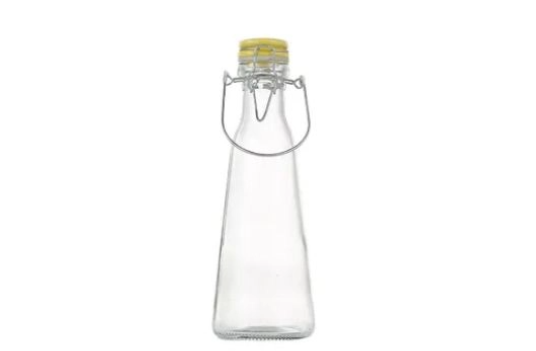

9. Ideal for Carbonated and Sparkling Water
Glass bottles are especially suitable for carbonated water.
Preservation of Carbonation
Glass is impermeable to carbon dioxide, preventing the escape of bubbles and maintaining effervescence longer than plastic bottles.
No Taste Alteration
Unlike plastic, which can absorb CO2 and alter flavor, glass preserves the crisp, refreshing taste of sparkling water.
Paupacking’sGlass Bottlesare perfect for sparkling water brands seeking to maintain quality and customer satisfaction.
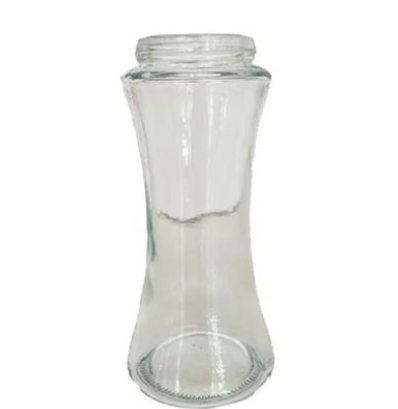

Comparison Table: Why Water Tastes Better in Glass Bottles
| Factor | Glass Bottles | Plastic Bottles | Metal Bottles |
|---|---|---|---|
| Chemical Inertness | Yes, no leaching or taste alteration | May leach chemicals affecting taste | Possible metallic taste |
| Permeability | Impermeable to oxygen and odors | Permeable, absorbs external odors | Low permeability but can affect taste |
| Microplastic Contamination | None | Possible microplastic release | None |
| Temperature Stability | Maintains temperature, no taste change | Can deform, taste affected by heat | Maintains temperature but may impart taste |
| Environmental Impact | 100% recyclable, reusable | Often single-use, less recyclable | Recyclable but energy-intensive |
| Odor and Off-Gassing | None | Possible VOCs causing odors | Metallic odors possible |
| Carbonation Preservation | Excellent, retains effervescence | Poor retention of carbonation | Good retention, possible taste impact |
| Cleaning and Reuse | Easy to clean, durable | Prone to scratches and odor retention | Durable but may require special care |
| Consumer Perception | Premium, pure, safe | Cheap, disposable | Functional, less premium |
| Aesthetic Appeal | Elegant, clear or tinted options | Limited design options | Functional, metallic look |
Why Choose Paupacking’s Glass Bottles?
At Paupacking, we specialize in premium-qualityGlass Bottlesthat embody all the benefits of glass packaging:
-
Superior purity and taste preservation
-
Elegant designs for every lifestyle
-
Eco-friendly materials and manufacturing
-
Durability and ease of reuse
-
Wide range of sizes and styles
Our bottles are perfect for water, beverages, essential oils, and more, delivering freshness and sophistication with every use.
Conclusion
Water tastes better in glass bottles because of glass’s chemical inertness, impermeability, and ability to preserve freshness without altering flavor. Glass bottles avoid the off-tastes and odors associated with plastic and metal containers, providing a pure, clean, and refreshing drinking experience. Additionally, glass’s sustainability and reusability make it the ideal choice for health-conscious and environmentally aware consumers.
Paupacking’s exquisite collection ofGlass Bottlesoffers you the perfect packaging solution to enjoy water as nature intended—fresh, pure, and delicious.
Explore our range today and experience the difference that premium glass makes.




